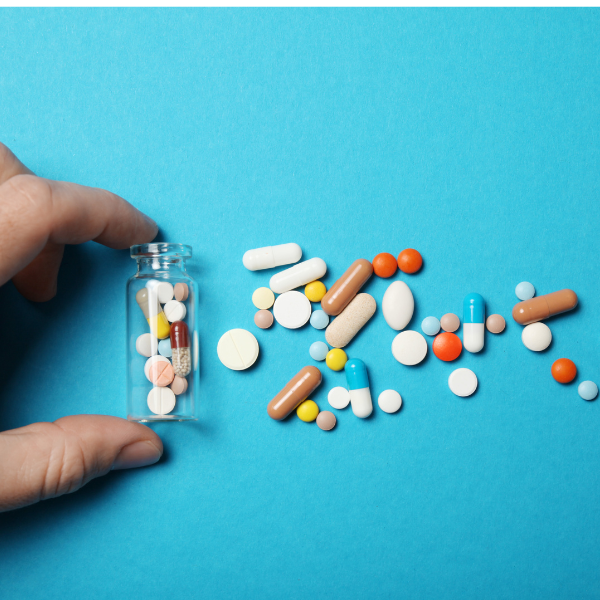Addiction medicine is one of the very few areas of medicine that does not have its own specialist course. There are dedicated services within the NHS, but essentially there is no degree in Addiction Medicine. However, there are many doctors and allied health professionals who specialise in helping people with addictions (whether it be drug-related or behavioural). These include psychiatrists, psychologists, toxicologists, pharmacologists, and various other categories of health workers who coordinate services and projects for the prevention, treatment, and rehabilitation of pathological addictions.
There seems to be a kind of educational gap in the university system. In reality, some of the credits allocated to future professionals in this field by their respective degree programmes in various basic disciplines already ensure quality and competence. However, it remains a partial preparation as there is no specific or targeted specialisation. In order to respond to the need to provide professionals working in the field ‒ but coming from different, more general backgrounds ‒ with common and consistent tools and knowledge, UniCamillus has for several years now been offering a second-level CPD course in Addiction Medicine, accessible online. It is a course aimed at all those who play a strategic role in the field of prevention, treatment, and rehabilitation, as well as those who wish to receive training and obtain a qualification that can facilitate access to management and coordination roles in health care companies, private organisations, and regional and national institutions.
The high value of the diploma awarded by UniCamillus at the end of this programme is demonstrated by its recognition in public competitions. In the evaluation of qualifications, it represents a bonus in the final score. Beyond bureaucracy, the direct experience of those who have taken the course testifies to its success, especially at the educational level. This is the case of Dr Sarah Vecchio, who got her diploma last academic year and has recently been appointed Addictions Services Director at the Novara Local Health Authority.
“From an organisational point of view”, says Dr Vecchio, “I found it brilliant to have been able to take the course from home, but also with a constant presence in the classroom ‒ a combination that made it easier to interact directly with speakers and colleagues and was fundamental in minimising the limitations usually encountered in online learning programmes”.
UniCamillus is one of the few universities to offer a course of this kind, and it does so with a characteristic that is particularly appreciated: “CPD programmes of this type, dedicated to this specific discipline and essentially reserved for doctors and health professionals, are very few. That is why, in my opinion, the possibility of distance learning is ideal for widening the circle of professionals that we can talk to. The non-sectoral approach to teaching is also a strength. It is not a course dedicated to a specific sector of addiction treatment but embraces a wide range of professions. I am a toxicologist, and taking part in a course that allowed me to study the psychiatric aspect of addiction was undoubtedly a significant added value. My interest also arose from this opportunity”.
An interest that was shared by other participants from different educational and professional backgrounds: “In the same way, I think it is useful for a psychiatrist or a psychologist, for example, to get information from someone working in toxicology and pharmacology in order to improve their knowledge of such conditions as addiction, which have a thousand different facets. In this sense, the exchange of ideas between professionals who are all used to dealing with the same situations but with different facets for each field of reference ‒ which this course has made possible ‒ has certainly been useful and stimulating”.

